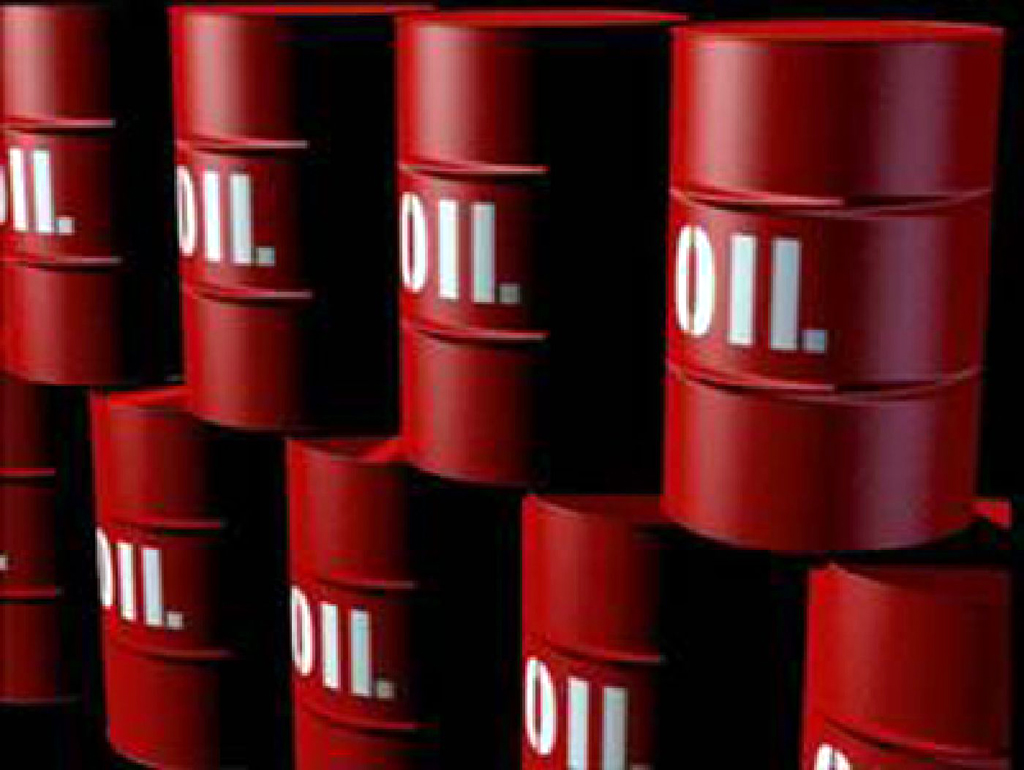 LONDON: The quality of Russian crude is gradually improving after a contamination scandal that rocked oil markets, buyers said on Tuesday, but Russia's energy minister cautioned that it will take until the second half of May to fix the problem.
LONDON: The quality of Russian crude is gradually improving after a contamination scandal that rocked oil markets, buyers said on Tuesday, but Russia's energy minister cautioned that it will take until the second half of May to fix the problem.
Below are details of the problem and action being taken.
WHAT HAPPENED?
At least 5 million tonnes of oil, or about 36.7 million barrels, have been contaminated by organic chloride, the chemical compound used to boost oil extraction by cleaning wells and accelerating the flow of crude.
The compound must be removed before oil is sent to customers because it can destroy refining equipment and, at high temperatures, generates poisonous chlorine gas.
Russian pipeline monopoly Transneft said the contamination happened in the Volga region of Samara and blamed unnamed "fraudsters". President Vladimir Putin said Transneft lacked a proper mechanism to prevent contamination.
WHAT IS THE IMPACT?
Russian oil production in early May dropped to 11.19 million barrels per day (bpd) from an average 11.23 million bpd in April, an industry source said, pushed down in part by the contamination debacle.
Another industry source said Russian oil producers reduced their supplies to the Transneft network by some 650,000 bpd on May 1-6 compared from April. Transneft handles around 85 percent of all Russian oil.
The Druzhba pipeline, which can pump 1 million barrels per day or the equivalent of 1 percent of global oil demand, was built in Soviet times and serves refiners in Germany, Poland, the Czech Republic, Slovakia, Hungary, Ukraine and Belarus.
All the importing nations had stopped taking Russian oil via the pipeline on April 25-26.
Belarus, where the pipeline splits into northern and southern spurs, began receiving clean oil last week but most pipelines in the country and further along the network remain contaminated.
Belarus said it might take months to resume normal operations.
Pipeline operator Ukrtransnafta said on Monday that clean Russian oil had started flowing from Belarus towards Ukraine and it was ready to resume oil exports to the European Union.
WHAT HAVE REFINERS DONE?
In Germany, the main refiners served by Druzhba are Rosneft's Schwedt, Royal Dutch Shell, Eni and Total's Leuna. Industry sources say the plants are seeking alternative supplies and have yet to cut refining runs.
Hungary said it would release 400,000 tonnes of oil from its emergency reserves to supply a refinery owned by MOL.
Czech refiner Unipetrol asked the government to loan oil from state reserves.
Poland's Lotos said it would tap strategic reserves, while its bigger rival PKN Orlen has said it has no plans to do so.
WERE OTHER OIL OUTLETS AFFECTED?
Besides the Druzhba pipeline, oil sent to one of Russia's top Baltic Sea ports Ust-Luga was also contaminated.
At least 10 tankers with a combined 1 million tonnes of oil, normally worth more than $500 million at current prices, have already sailed from Ust-Luga since the problem arose.
Trading house Vitol refused to take a cargo from Ust-Luga last week, forcing the port to shut for 24 hours.
The Russian energy ministrer said that clean oil was expected to reach Ust-Luga on May 8, a day later than initially planned.
Transneft allows no more than 10 parts per million (ppm) of organic chlorides, while levels in the Druzhba line and Ust-Luga have fluctuated between 80 and 330 ppm.
In the last few shipments it has improved to 60-75 ppm, three trading source said.
Russian oil firm Surgutneftegaz repeatedly failed to award two prompt Urals May cargoes from Ust-Luga at a tender last week, even after offering discounts for chloride contamination.
HOW CAN THIS BE FIXED?
Buyers who have received contaminated oil now need to store it somewhere and dilute it with cleaner crude to lower the chloride levels, an operation that could cost millions of dollars for each large tanker, oil trading sources say.
Oil at Ust-Luga port could gradually be loaded onto ships mixed with better quality crude.
But cleaning out the Druzhba pipeline is not so simple.
Germany and Poland lack sufficient storage tanks to keep the oil until it can be diluted.
That means they would need to reverse the flow of the pipeline and pump tainted crude back to Russia or to Poland's Gdansk port, where it can be evacuated.
Transneft has said contaminated oil from Belarus could be transported by railway to Russia's Black Sea port of Novorossiisk, where it would be diluted.
This would take several months because the railway cannot take more than 300,000 tonnes per month, traders say.


























Comments
Comments are closed.